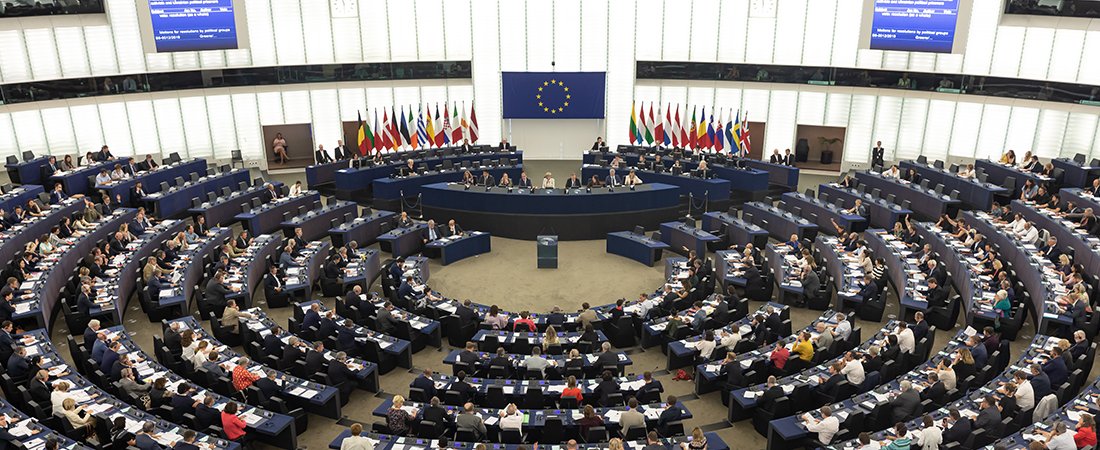With Ursula von der Leyen, the first female President of the European Commission, expected to present her team of Commissioners to the Council early next week, Brexit isn’t the only issue concerning Europe for the first time in a while.
Over the past summer, Ms von der Leyen has been busy divvying up posts, restructuring a top team which includes former Spitzenkandidaten Frans Timmermans and Margrethe Vestager, and further fleshing out key initiatives which will define her first 100 days of office.
Ms von der Leyen aims to secure an early win by appointing the first Commission in history to have an equal number of men and women. This was a key promise during her pitch to MEPs back in July, and she will be hoping that MEPs will look more favourably on a gender-balanced team of Commissioners as they are put through their hearings in early October.
Just like her predecessor Jean Claude-Juncker, Ms von der Leyen’s drive to make a mark in the first 100 days of her mandate will face significant hurdles. Differences of opinion between member states and domestic political uncertainty can cripple national leaders and deprive the EU of the necessary political momentum. Taking a look ahead, which policies will define her first 100 days as she takes office on 1st November?
A European Green New Deal
Climate change will be the defining issue for the new Commission: this was one of the key demands from liberal, socialist and green MEPs as a condition for their support. Taking up office just days after the UN Climate Action Summit, Ms von der Leyen has promised to propose a European Green New Deal on investment, an EU carbon border tax and a target for carbon neutrality by 2050 in her first 100 days in office.
It is rumoured that Vice-President Frans Timmermans will be leading the ‘Green New Deal’ team, most likely combining the climate and energy portfolios, securing that carbon neutral promise with one minister. The key challenge for the Commission is a strategy to help Member States to transition to these ambitious targets, especially those with weaker economies.
€100bn investment fund: rising tensions with China and the US
The new Commission is expected to unveil to the Council a proposed €100bn investment fund which would support key strategic European sectors currently seen as lagging behind China and the US.
The details aren’t completely clear yet, but the thinking is that Ms von der Leyen, who is keen to bolster the EU’s position in the world, will use this proposal to make the argument for ‘European Champions’ – particularly in the tech sectors where the EU is keen to compete with US companies that have been seen to play the European tax system. These plans represent a departure from the previous Commission’s policy, which blocked the merger between French and German train manufacturers Alstom and Siemens, leading to fierce criticism from the respective governments.
The challenge ahead: Brexit
Von der Leyen’s mandate will start on 1st November – the day after Britain’s putative departure from the EU. Whatever happens with Brexit in the coming weeks, it is clear that the relationship with Britain will loom large for the new Commission from day one.
Ms von der Leyen has previously stated that she would be ‘ready’ to accept a further extension but some Member States such as France are willing to risk a no deal scenario. Ireland’s Phil Hogan, the rumoured Trade Commissioner, has made it clear that the EU should hold its nerve and proceed with their day-to-day business.
However, if the UK does crash out, it will be the first major political crisis on Ms von der Leyen’s watch, which will test the dynamic between the Commission and the Council.

